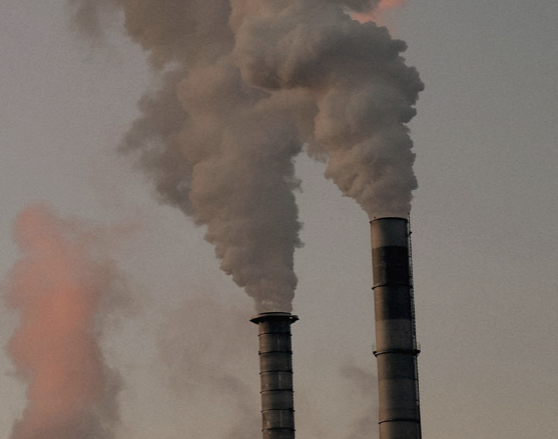Recycling, planting trees, and going vegan are just a handful of the many ways to reduce our carbon footprint. Companies and countries do it too, performing small individual tasks anywhere at any time to “save the planet.” But these small actions have little impact when compared to the vast polluting and emissions-intensive systems that underpin modern society. In this episode, join Dr. Rae Wynn-Grant to explore how making individuals fully responsible for reducing emissions can be counterproductive to combat climate change.
Text above is from original video description.
Key points:
- Small individual lifestyle changes do not have a significant impact on combating climate change compared to larger systemic changes.
- “The average person in the US emits about 16 tons of carbon per year, mostly through driving, household energy use, and food consumption compared to the total global emissions, which are about 36 billion tons of carbon a year, our individual contribution is barely a fraction of a fraction of a percent. Now, not everyone admits equally.”
- The wealthiest 1% of the global population contribute more to greenhouse gas emissions than the poorest 50%.
- Global emissions reductions commitments fall short of the goal to reach net zero emissions by 2015.




